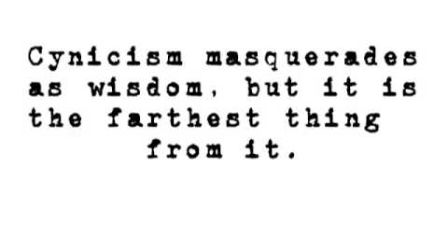--- Just a quick video I wanted to make that I can link people to when they say "The US should adopt universal healthcare because Canada" or something inane like that.
Something is demand-inelastic when the desire for something doesn't change much with the price. For example, gas. Whether the price is $2 a gallon or $5 a gallon, people still want gas, and will pay, and people reduce their use of gas very little in response to a rise in the price of gas.
Medical services are the same way. Whether it's cheap or expensive, people still need medical services.
I'm sure you've heard many times that the cost of medical services has gone up substantially in the United States. Linked in the description are sources which talk about this. Unfortunately in several of these things there is an immediate rush to explain why this is happening.
Let me give you my explanation. The number of doctors graduating from US medical schools has been about the same since 1982. Meanwhile, the population of the US has gone from 231 million in 1982 to 312 million in 2011. More people, same number of doctors.
So the problem here is that supply is restricted.
The United States government, not just private spending but government spending on medical services is higher than the OECD average as a percentage of GDP. The United States government also spends more than the Canadian government on medical services as a percentage of GDP.
So people who claim that the US medical industry is left to the market, that's why it's so bad, apparently just haven't looked at the data. That's the only way I at least can conceive of them coming to such an anti-factual conclusion. The US doesn't have a single-payer system, okay, so when that happens will the restrictions on supply go away? They didn't go away when medicare or medicaid were instituted.
I encourage people to get out of this sort of political storytelling, and look at the data. There is something seriously wrong with the supply, the production, of medical services in the United States, and instituting the equivalent of the NHS in the US is not going to fix this problem.
I believe the problem is that supply is being suppressed, others say that there is just a web of bullshit. That sounds plausible to me.
Article on US medical spending:
http://www.pbs.org/newshour/rundown/2012/10/health-costs-how-the-us-compares-with-other-countries.html
US Medical School Graduates:
https://www.aamc.org/download/153708/data/charts1982to2012.pdf




